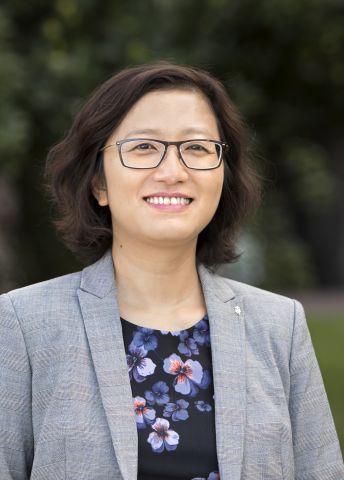
Wallenberg Academy Fellow 2019
Medicine
Dr Qiaolin Deng
Karolinska Institutet
Medicine
Dr Qiaolin Deng
Karolinska Institutet
Why do things go wrong when germ cells are formed?
Germ cells are special, because they carry genetic material from one generation to the next. Wallenberg Academy Fellow Qiaolin Deng will study the development of germ cells, with the aim of increasing our understanding of how environmental factors can influence their maturation, as well as why some of the cells end up at the wrong place in the body, where they can cause cancer.
The formation of germ cells begins when an embryo is just three-four weeks old. Primordial germ cells, with the stemness capacity, start migrating to the developing gonads of the embryo where they will mature into the functional germ cells.
As they move, the cells reprogram; the epigenetic memory – that is inherited from parents to govern which genes are active in a cell – is cleared. Using novel molecular biological techniques, Dr Qiaolin Deng from Karolinska Institutet will track the cells during this process and understand what governs the migration and clonal expansion into functional germ cells?
One important objective of the project is to understand why this process sometimes goes wrong. Cells occasionally get lost or stalled in differentiation as they move, which can later result in germ cell tumors. Qiaolin Deng will map germ cell tumors to understand why the cells migrate to the wrong location, sometimes even in the brain in the embryo. She will also investigate how diseases such as polycystic ovary syndrome in women, which often results in high levels of testosterone in the body, affects germ cell development and even passes aberrant molecular signatures to future generations, which influences offspring’s health and risk for diseases.
Foto: Marcus Marcetic